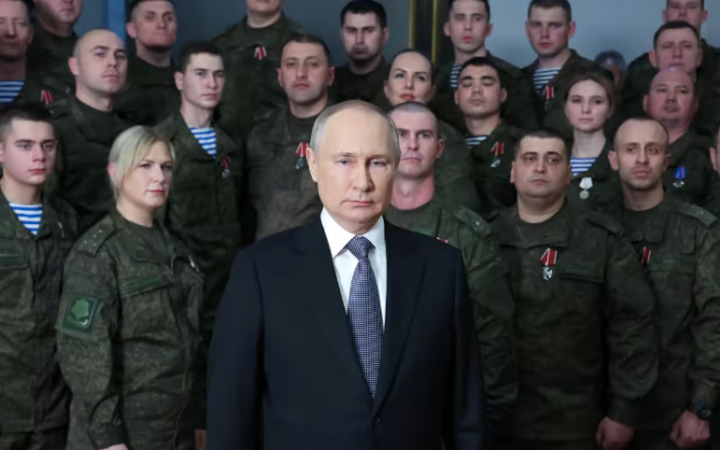More than 20 generals of the Russian army have been killed since the beginning of Russia's full-scale invasion of Ukraine, NIKKAI reports, citing Japanese intelligence data obtained in cooperation with the United States and European countries.
Since Russia invaded Ukraine nearly a full year ago, attacks against military and civilian targets alike have caused numerous deaths, with no end to the fighting in sight. Intelligence analysts, however, have taken interest in one specific part of the death toll: the number of Russian generals killed in the conflict.
Generals command hundreds or thousands of soldiers. A larger number of general deaths thus signals a weak military.
British media reported in June that over 10 generals had been killed. Japan estimates the total at more than 20, based on intelligence gathered in cooperation with the U.S. and Europe.
That tally would be "unbelievably high," said retired Gen. Kiyofumi Iwata, former chief of staff of Japan's Ground Self-Defence Force. The U.S., for example, has seen almost no combat deaths of officers at that high a rank.
A popular theory holds that Ukraine was able to target these commanders by tracking cell phones. Moscow has since banned the use of the devices.
Iwata attributes the unusually high number of generals killed to the Ukrainian military's cyber warfare superiority enabling Kyiv to learn their locations, as well as Russia's tactic of sending generals into the field.
"The death of a general weakens troop morale," he said.
A senior Japanese intelligence official raised another possibility. "There may be informants in the two eastern regions giving information to Ukraine," the official said, referring to Donetsk and Luhansk, much of which are controlled by Russia.
officials said a lack of inside sources was among the main reasons why it took the U.S. 10 years to find and kill Osama bin Laden, the mastermind of the 11 September terrorist attacks, in Pakistan.
Another point made clear over the past year is the inferiority of the Russian military's weaponry - something that may well be worrying India, which gets half its weapons from Russia.
Indian national security adviser Ajit Doval met with American counterpart Jake Sullivan at the White House on 31 January to discuss topics including broader cooperation on military technology, along with joint development and production.
New Delhi has relied on weapons from Moscow since the Soviet era, while the U.S. has provided military aid to Pakistan, with which India has been locked in a border conflict over the Kashmir region. Over 20% of Russia's weapon exports go to India.
India has not participated in the Western-led economic sanctions campaign against Russia. Military support gives the U.S. a bargaining chip to help pull New Delhi closer to its orbit.
Washington also hopes to draw India closer as a core member of the Quad security grouping - which also includes Japan and Australia - aimed at deterring China in the Indo-Pacific.
The military inadequacies shown by the deaths of Russian generals may be rattling Beijing as well.








